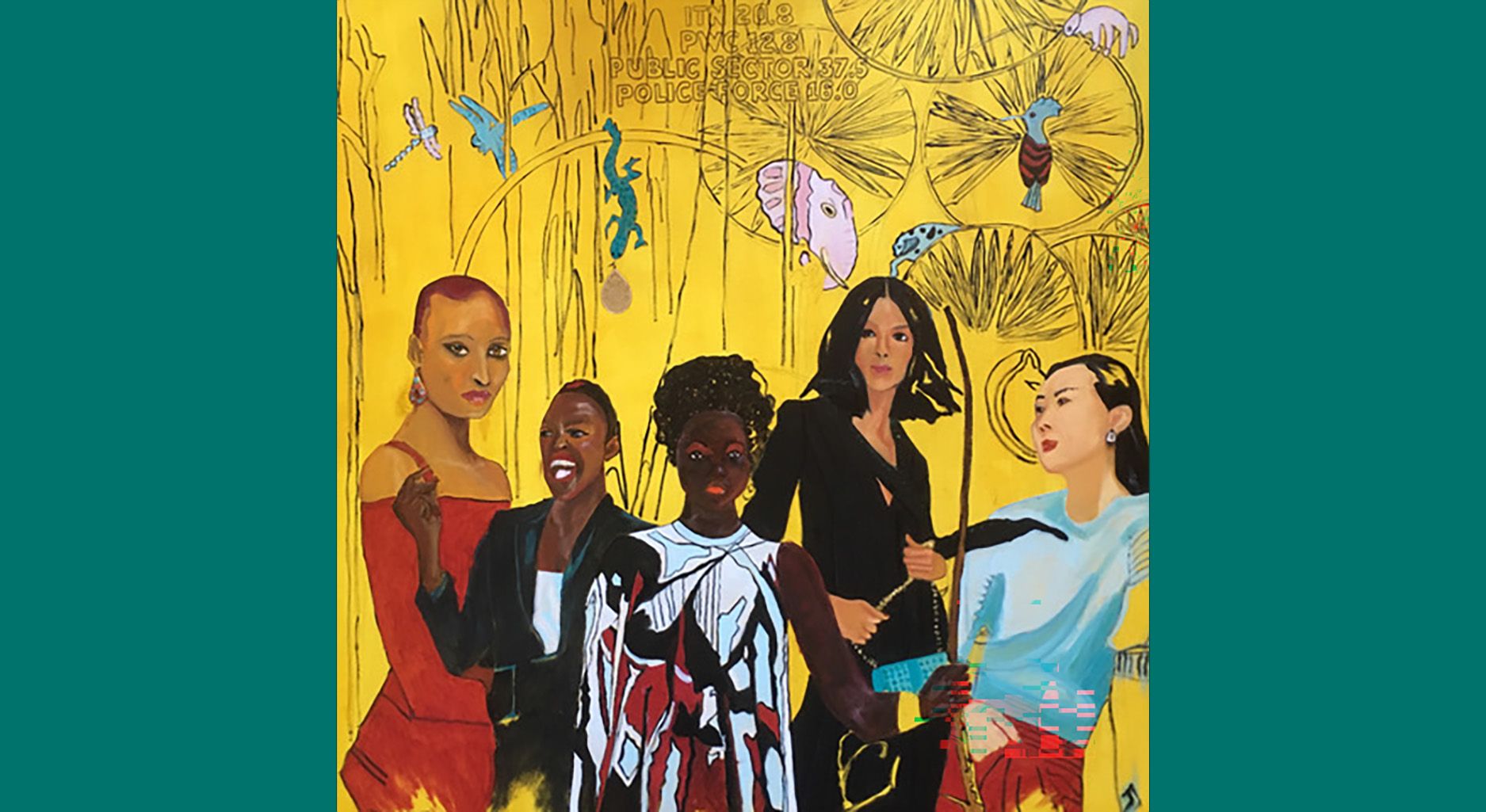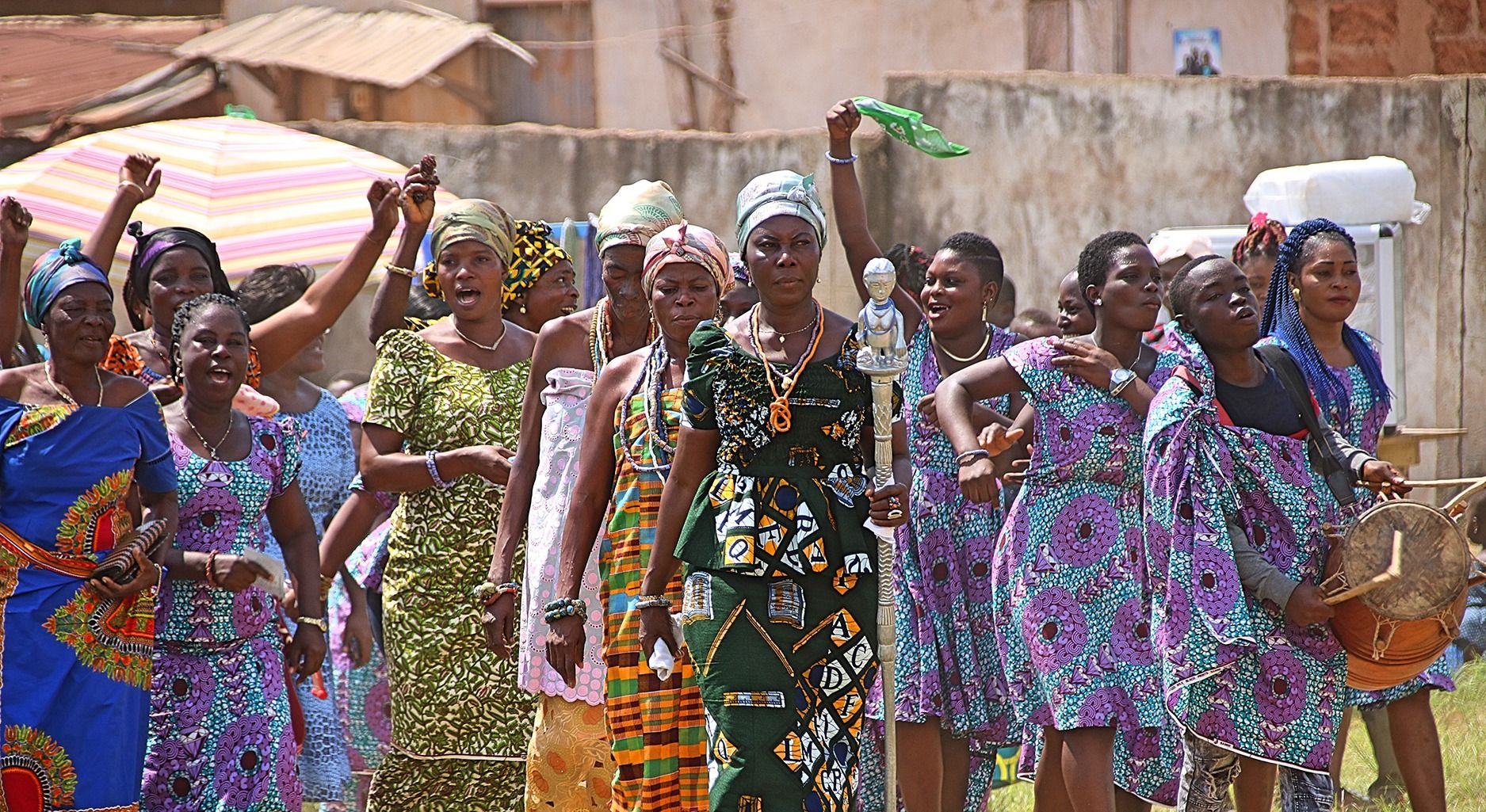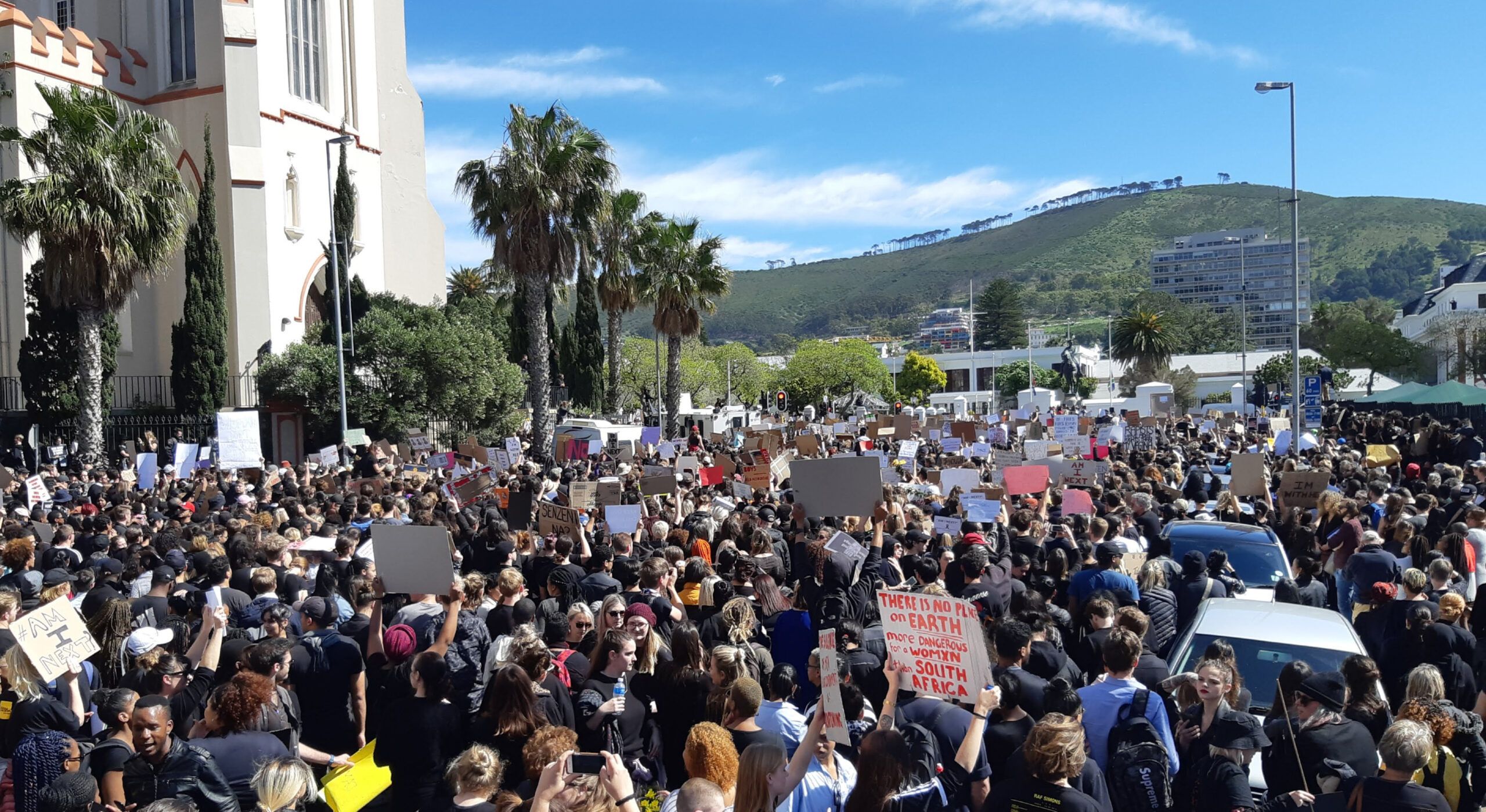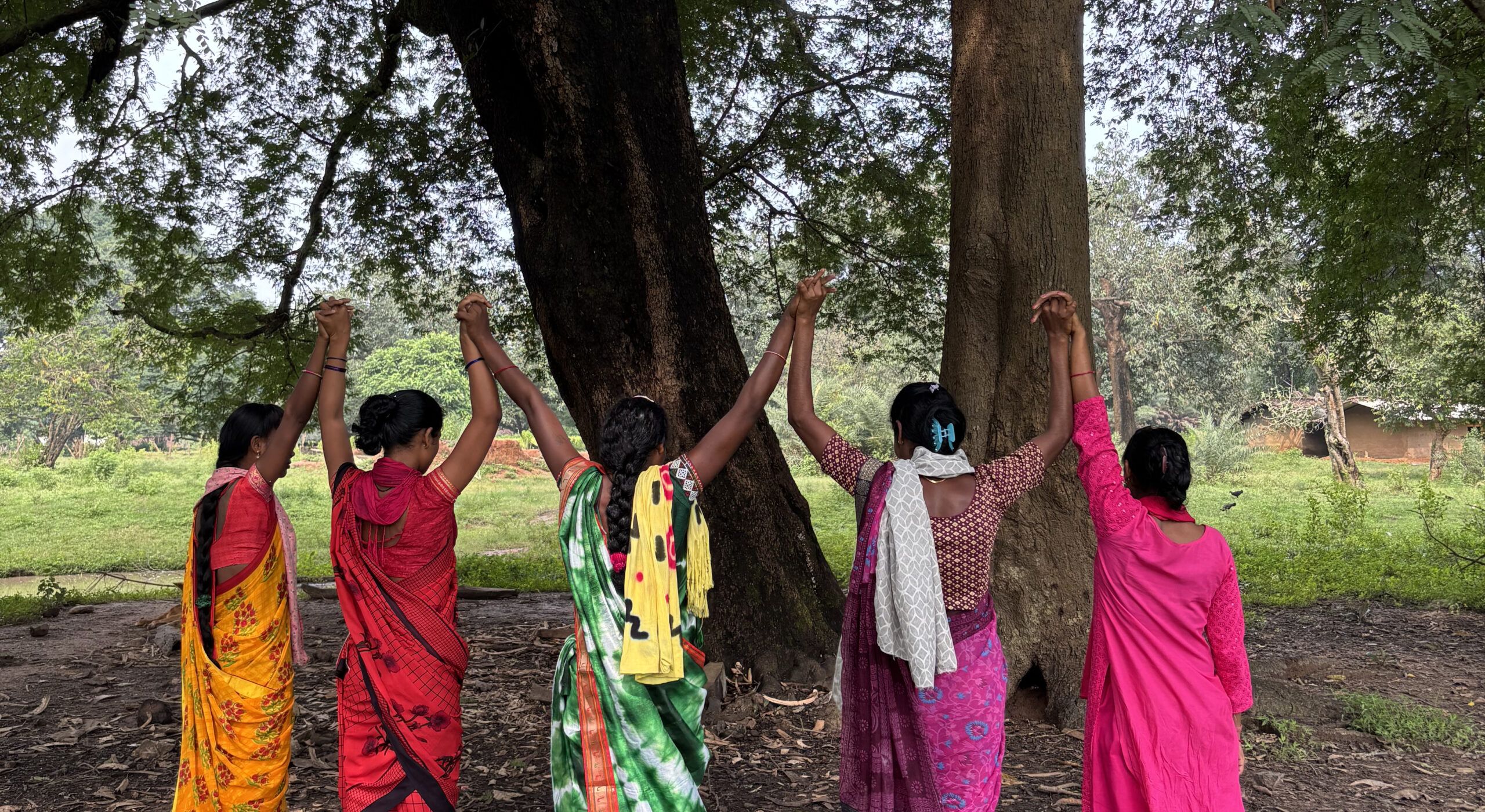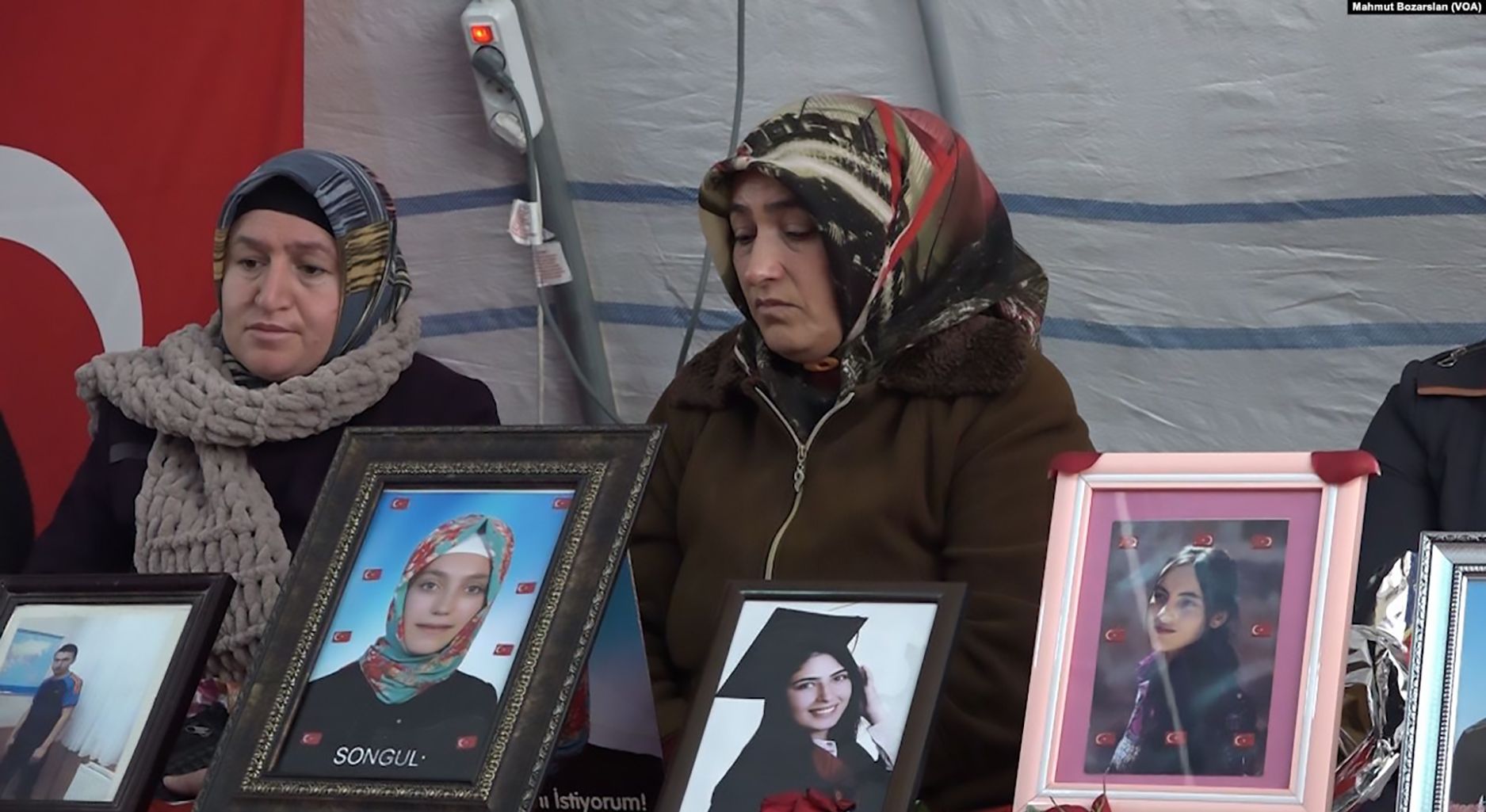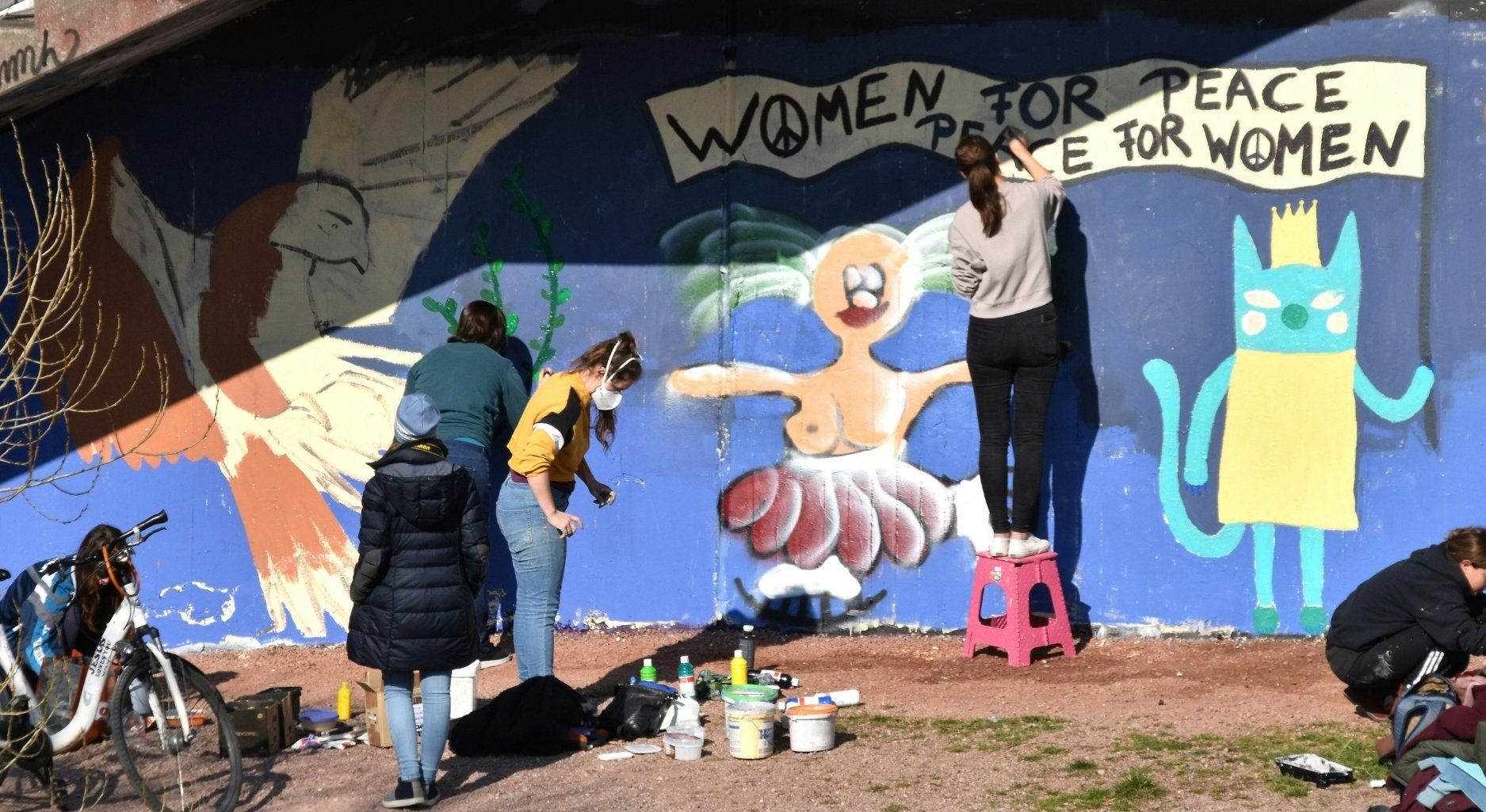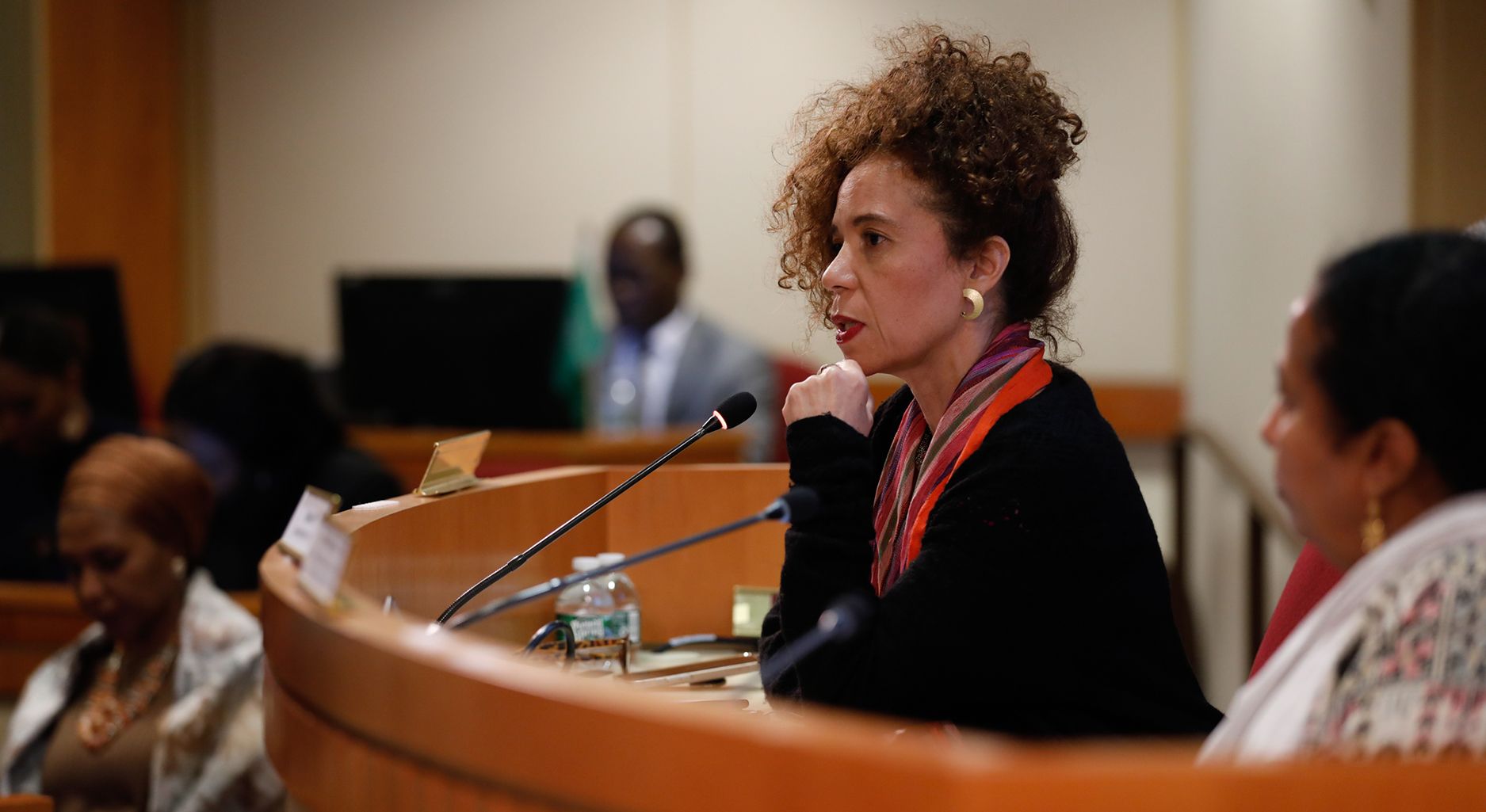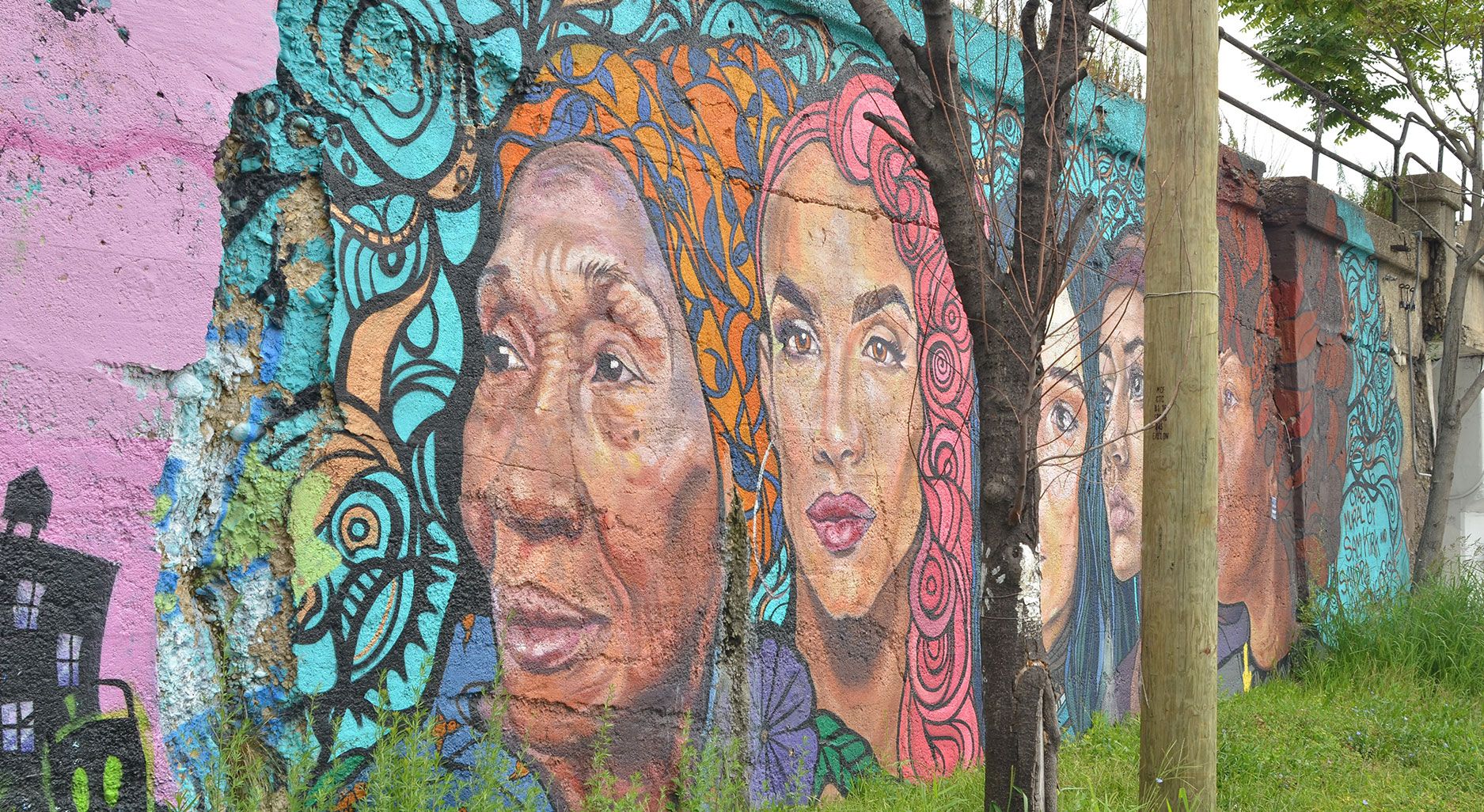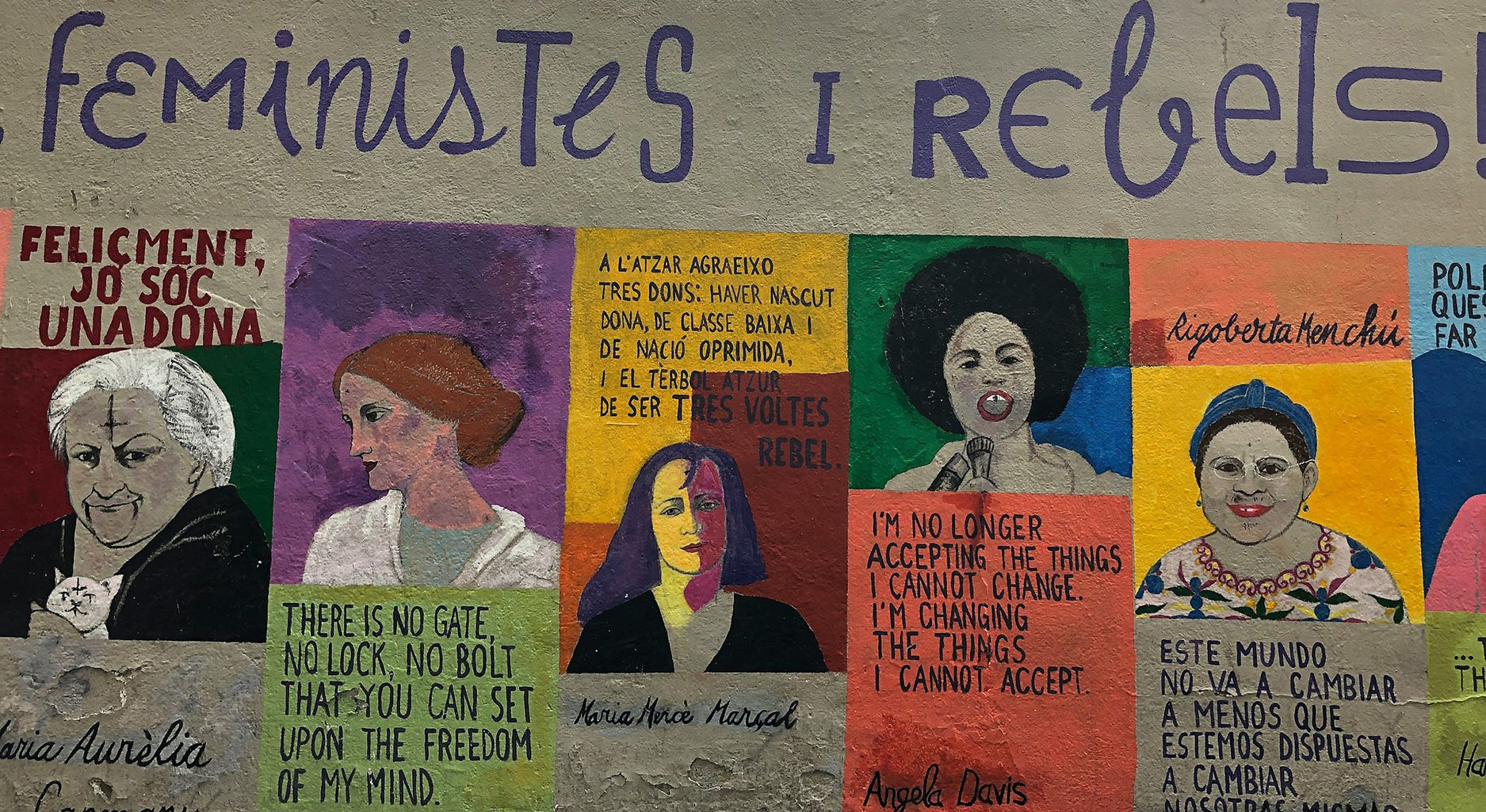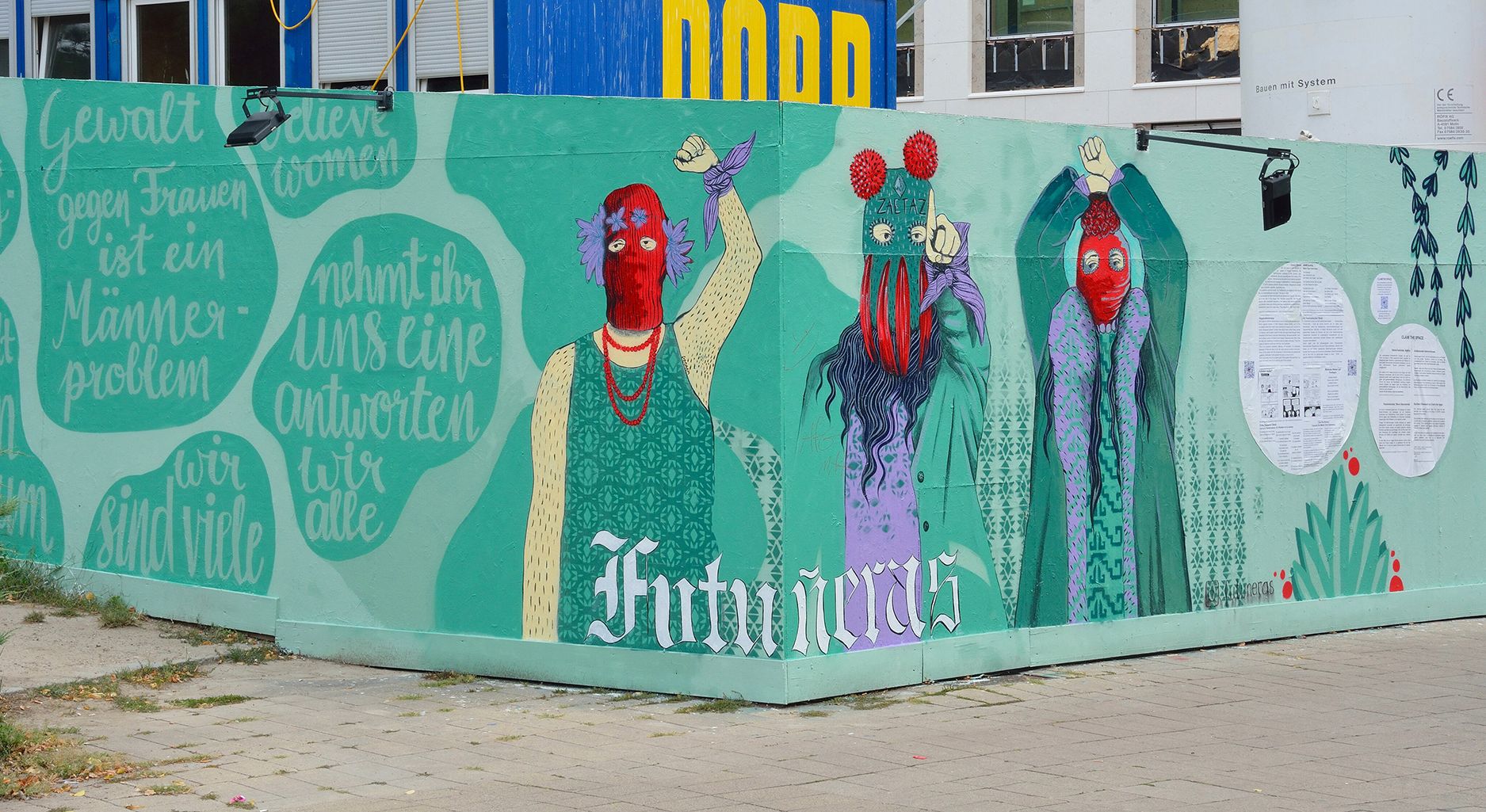Schlagwort: Feminismus
In the wake of the 25th anniversary of the Women, Peace and Security Agenda, we bear witness to a...
The Women We Don’t See: Considering Intersectional and Decolonial Approaches in Ghana’s WPS Agenda
Ghana’s second National Action Plan on Women, Peace and Security phases out this year. As...
Resisting the Pushback: Worldwide Activism Against Femicide
The number of femicides is rising globally. Yet, perpetrators often face reduced sentences,...
Whose Peace? Which Security? Decolonizing the Women, Peace and Security Agenda in India
Twenty-five years after the adoption of the United Nations (UN) Women, Peace and Security (WPS)...
WPS without a National Action Plan: Local Feminist Practices of Women, Peace, and Security in Turkey
2025 marks 25 years since the adoption of UN Security Council Resolution 1325 (UNSCR 1325) on...
Can the Women, Peace and Security Agenda Save Feminist Foreign Policy?
Over the last eleven years we have witnessed the rise and subsequent fall of feminist foreign...
25 Years of UNSCR 1325 on Women, Peace and Security (WPS): Birthday Party or Funeral?
What significance does the UNSCR 1325 or Women, Peace, Security (WPS) Agenda have in view of the...
25 Years of Women, Peace and Security: Between Promises, Backlash, and Feminist Reimagining
2025 marks 25 years since the adoption of UN Security Council Resolution 1325 on Women, Peace and...
On International Women’s Day: Feminist Peace Perspectives for Ukraine
February 24 marked the third anniversary of Russia’s war of aggression against Ukraine. Various...
Mehr Prävention gegen Femi(ni)zide: Warum das Gewalthilfegesetz zu kurz greift
Der Anstieg geschlechtsspezifischer Gewalt und die daraus resultierenden Debatten rücken...
